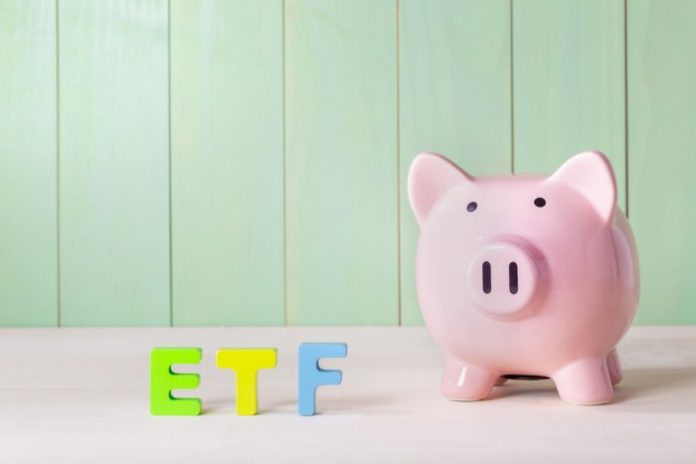Exchange traded funds combine aspects of both mutual funds and market traded securities. This has created a unique class of investments with its own specificities and advantages for investors. But ETFs aren’t for everyone, and some investors might prefer other investments like bonds, mutual funds or regular stocks. In this article, we’ll give you a brief introduction to ETFs, as well as some of their pros and cons to see if they’re the financial instrument for you.
What Are ETF Funds Exactly?
Exchange-traded funds, or ETFs for short, allow investors to bet on a variety of stocks all at once. ETFs may follow the value of an overall market or selected sector. In contrast, an individual stock will follow its own trend, and that may be with or against the market. There are literally hundreds of ETFs traded on the major exchanges.
You can diversify your portfolio by owning several different ETFs. Exchange traded funds are not just invested in stocks. You can buy ETFs that invest in bonds and commodities. For example, there are bond ETFs that invest in a mix of federal treasury bonds and corporate bonds. You can also buy ETFs that invest part of the money in real estate investment trusts, allowing you to invest in the real estate market through REITs that own shares in shopping malls, commercial real estate, and other properties.
ETFs can be utilized for short-term trading, long-term trading, or both. Because the prices of ETFs are updated automatically, you can day-trade ETFs. Commissions apply when you’re buying and selling ETF shares, and this can make day trading expensive and cost you money if you’re over-trading.
ETFs can be included in most tax-deferred retirement accounts. However, their tax efficiency makes them more suitable for taxable investment accounts.
The Pros of ETF Funds
One of the biggest advantages of ETFs is that they provide automatic diversification over buying individual stocks. You can invest in ETFs focused on a particular sector that still provides diversification because it holds a variety of stocks in that industry.
ETFs are tax-efficient. There are no capital gains taxes owed while you’re holding onto ETFs since they don’t have to sell securities to give cash to those redeeming their shares. Compare this to mutual funds where the sales of securities to provide any investor their cash can result in capital gains passed on to the remaining investors.
ETFs are also very liquid. You can sell it quickly and easily, and you get your money back when you need it. The only possible exception is if you’re buying a niche ETF for which there is limited interest; in this case, it can take time to match the seller up with a buyer.
You can use market orders with ETFs. This means you can use limit orders, market orders and stop-loss orders with ETFs like stocks. This provides the opportunity for risk management.
You won’t have to pay back-end fees when you sell an ETF as you might with some tax-managed funds. There is no minimum investment with ETFs, as long as you can pay the broker’s commission and buy one share.
ETFs are truly a global investment. They can be bought and sold in any nation in the world. However, if you invest in an international ETF, you may have to contend with a foreign tax bill.
The Cons of ETF Funds
If you want to invest over the long term, including reinvested dividends, mutual funds might be a better choice. You can’t reinvest dividends from an ETF without paying a broker commission.
The commissions charged when buying and selling ETFs can make it expensive to invest small amounts. If you’re investing a small amount each paycheck, you’d be better off buying into a no-load mutual fund or working with investment services that can offer instruments that are more your speed.
Conclusion
Exchange traded funds are a good option for investors, though they are not for everyone. Understand the pros and cons of ETF funds so that you can find the right type of investment for your situation.
Find a Home-Based Business to Start-Up >>> Hundreds of Business Listings.

















































